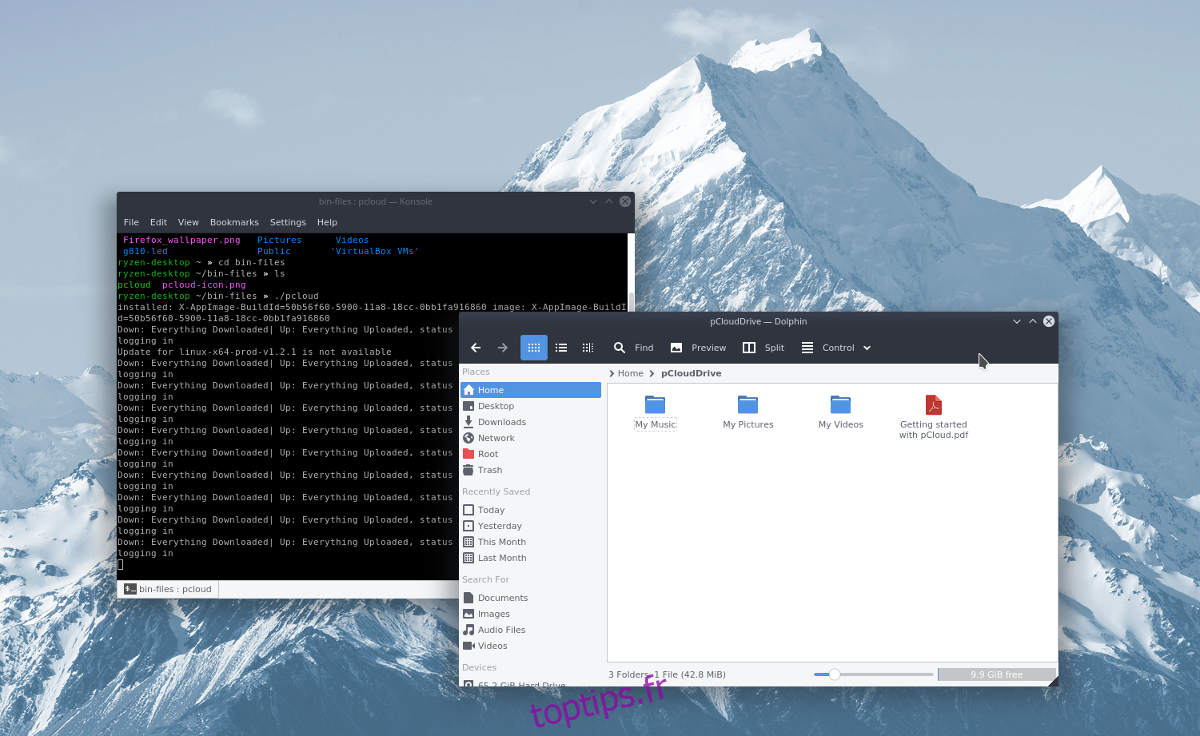

When it comes to casual or low-level file sharing, there's no reason not to use free file-sharing apps if you've checked that they offer security features and tools. Should a cybercriminal intercept your files, they wouldn't be able to see them. This means that data is made indecipherable when stored and when being shared or transferred. If these aren't available, make sure to look for in-transit and at-rest encryption. Important elements to look for in a provider of file-sharing technology include end-to-end encryption and zero-knowledge architecture: respectively making services almost hack-proof, or preventing even a provider's staff from accessing your files and data. As such, providers and file-sharing platforms will invest in security, especially given international rules on data and privacy. If you're wondering is cloud storage secure, how secure is it, and how it protects your data, it's worth remembering that most providers' plans include those aimed at businesses, for whom cloud storage security is crucial. While storage or sharing apps in the cloud isn't theoretically as secure as local storage, the best cloud storage and file sharing platforms utilize high-level encryption and security features. Whatever form of file storage you utilize, whether on-prem or cloud storage, or even cloud storage vs external hard disk drives, file and data security is integral. Having a smaller user base, it’s also arguably less likely to be targeted by malicious parties.įile sharing apps FAQs How secure are file sharing apps? Whilst Send Anywhere has ads on its free version and is mainly designed for sharing and not storing data, it could be ideal if you are simply looking to send files quickly. Additionally, the maker of the app has insisted that they never look at the contents of any transfer. Send Anywhere is entirely free and comes with 256-bit encryption as standard, keeping your files safe in transit. Read our Dropbox cloud storage review and our Dropbox Business review. If you are not looking for a specialist option, but one that is still thoroughly reliable, Dropbox is a solid way to go. At rest, files are protected with 256-bit encryption, and during transfers, they are encased in an SSL/TSL tunnel. Thankfully, Dropbox has recently beefed up its security measures. And secondly, the firm has reserved the right to decrypt any file that is stored on its servers, as well as disclose that information to a third party. Firstly, Dropbox has a huge market share, and so-along with its rivals-it is naturally an obvious target for malicious attacks. In terms of security, there are a couple of concerns. If you’re not entirely sure, they also offer a free 30-day trial. Several pricing plans under both its Individual and Business tranches means you can find the right setup to suit your needs. Dropbox was one of the earliest file-sharing platforms to become a household name, and it has had time to hone its offering.


 0 kommentar(er)
0 kommentar(er)
